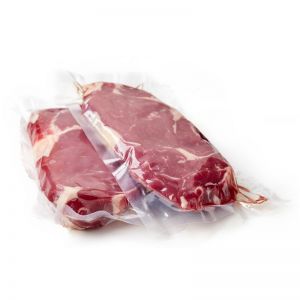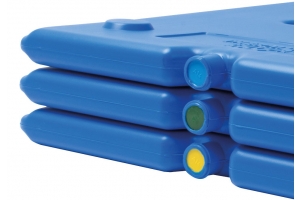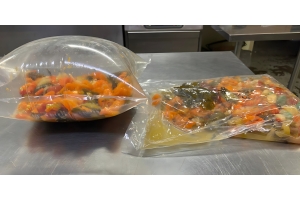Sous Vide Cooking and Compostable Pouches
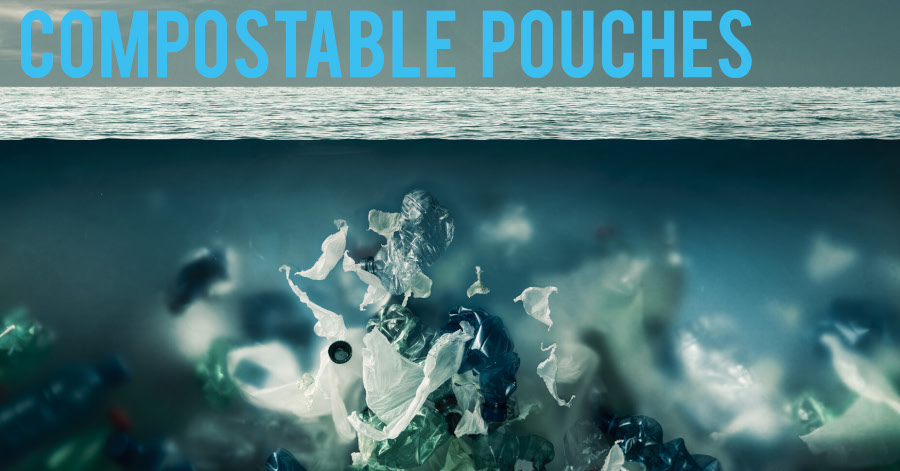
We frequently receive questions regarding biodegradable pouches that can be used for food storage as well as compostable sous vide cooking bags.
An article from ANSES of 28/11/2022 called our attention. It gives us the opportunity to share with you our analysis and feelings about these new generations of pouches that can be bought here and there.
The ANSES is not just any organization. It is the French National Health Security Agency.
It is a public institution, under the supervision of the Ministries of Health, Environment, Agriculture, Labor and Consumer Affairs. Its missions are diverse but have in common the (scientific) assessment of risks, warning, prevention and health safety in the fields of food, the environment and work. In other words, an independent and serious organization!
What does the ANSES article say?
According to ANSES, even if they are stamped biodegradable or compostable, bio-sourced (or non-bio) plastic bags are potential sources of pollution in domestic or collective composters. According to this organization, it is "not guaranteed that the plastic materials that compose them degrade completely".
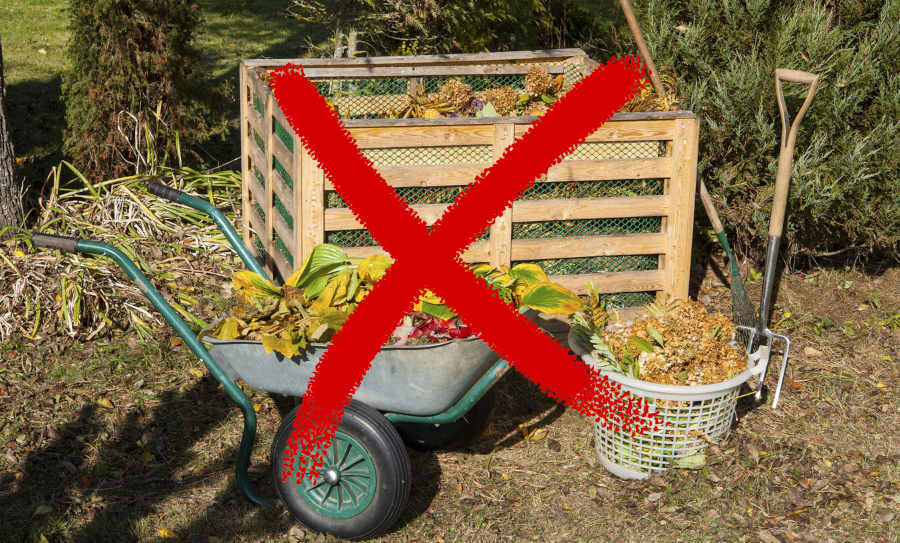
Why does ANSES recommend industrial composting?
ANSES considers that domestic composting, carried out in a natural environment, does not allow optimal control of the chemical process of decomposition of these bags. They represent a risk of "contamination of the environment or local cultures".
ANSES then recommends the collection, sorting and/or processing of these pouches "by industrial channels, as for all other packaging".
We are all concerned about the negative impact on the environment and our health of single-use plastic bags. Researchers and manufacturers are working on solutions that will one day lead to satisfactory products for our planet. But what about the compostable vacuum storage or sous vide cooking pouches sold today? Are the industrial sectors ready, organized and do they actually compost these bags? Do we not take the risk of paying 2 to 3 times more for a bag which, after its use, will be incinerated like all other waste?
This is what we will try to clarify.
What is a Biodegradable or Compostable Material?
A biodegradable material degrades "naturally" under the action of micro-organisms. In principle, any material would be biodegradable over time (10, 75, 500 years...).
A compostable material degrades under specific conditions of temperature and humidity. Current French standards require single-use bags to degrade by at least 90% within 6 or 12 months depending on the type of composting.
Compostable Bag: Myth or Reality?
Compostable bags are generally made of chemical substances derived from petroleum. Some contain plant-based polymers (corn starch, potato, beet sugar, etc.).
To be qualified as "bio-sourced", the French regulations impose a minimum content of 50% (60% in 2025) of bio-sourced materials.
As you have understood, these bags are therefore made of plastic materials that can be composted. But what we know less is that very specific conditions are needed to degrade these bags.
In 2019, a team from the University of Plymouth (UK) buried, immersed in water, or simply exposed to the open air bags stamped biodegradable or compostable and compared them 3 years later.
The results are clear: "none of the bags showed satisfactory deterioration compared to conventional bags".
Guy César, agricultural engineer, explains in another article (in French) that these results are predictable and "normal" because the manufacturers of compostable pouches only respect biodegradability standards. A compostable bag cannot degrade in nature after a few years without "help". For this, conditions of constant temperature and very specific humidity are required.
Biodegradability standards in France (2023)
T51-800:2015 for home composting (HOME - OK COMPOST)
Within 12 months, 90% of the plastic must biodegrade.
To achieve this result, the plastic must be exposed to a minimum and constant temperature of 25°C (77°F) for 12 months.
But what about the remaining 10%? No current regulations (in France) impose additional studies on these residues.
Moreover, reaching a constant temperature of 25°C in a domestic composter is almost mission impossible. So there is a good chance that your compostable bag will never degrade. Hence the alarm triggered by ANSES in November 2022.
NF EN 13432:2000 for industrial composting (OK COMPOST)
Within 6 months, 90% of the plastic must biodegrade.
An industrial composter is much more efficient than a domestic composter. It will be able to expose compostable plastic materials to a constant temperature of around 55°C (131°F). The humidity level is controlled and the materials are sirred regularly. The chemical balance of the degradation process is therefore optimized.
Are Compostable Bags Really Supported by Industrial Composters?
The sorting and processing of compostable bags is almost non-existent in France in 2023
This sad observation is well known and well explained in an article by ADN (French) concerning biosourced compostables. Due to a lack of support, with the exception of a few local initiatives, the compostable bags are simply incinerated with the rest of the trash.
Lobbies' fault and other technical issues
Whose fault is it? Is it a lack of political will and/or the influence of pro-plastic lobbies? Probably.
However, certain technical obstacles faced by industrial composters should not be overlooked.
Factories complain that biodegradable/compostable plastic bags disrupt their industrial processes. Indeed, these bags would inhibit microbial activity allowing the production of biogas (methane). In addition, these bags would block the mechanical parts of some machines. The production cycle of these factories being 21 days, this period is not sufficient to allow the degradation of compostable pouches according to standard EN 13232... The problem is therefore clearly a sector problem. Current methanization units have not been designed to accept "OK COMPOST" compostable bags. Source Article Usine Nouvelle 2020 (French).
Incineration plants do not look favorably on these biodegradable plastics either. They would have a lower calorific value than other plastics, which would require more energy to burn them.
There are also still doubts about the safety of certain bioplastics which were revealed by a study published in 2020 by ScienceDirect.
Right or wrong, the dynamics of the treatment of bioplastics (and compostable bags) is not good. It is clear that today, to local exceptions, bags stamped "HOME - OK COMPOST" or "OK COMPOST" have a very good chance of not being transformed as expected: in compost. At best these bags will be incinerated to produce energy.
Despite this somewhat discouraging observation, we must not give up. But it is not morally possible for us, in 2023, to propose our customers products that we know will not fulfill their promises. Without talking about "Greenwashing", we do not recommend you to buy compostable vacuum storage pouches or compostable sous vide cooking bags 2 to 3 times more expensive than "conventional" bags while the composting channels do not follow. Unless, of course, you can take your compostable bags yourself to a specialized factory that will agree to process them.
We remain on the lookout for developments on these issues and will not fail to add new data to this article when we have the opportunity. Recyclable storage bags and sous vide cooking pouches will soon be the subject of another post on our blog. I invite you to subscribe to our Facebook or Instagram account (links at the bottom of this page) to be notified in real time.
The Sous Vide Consulting team
